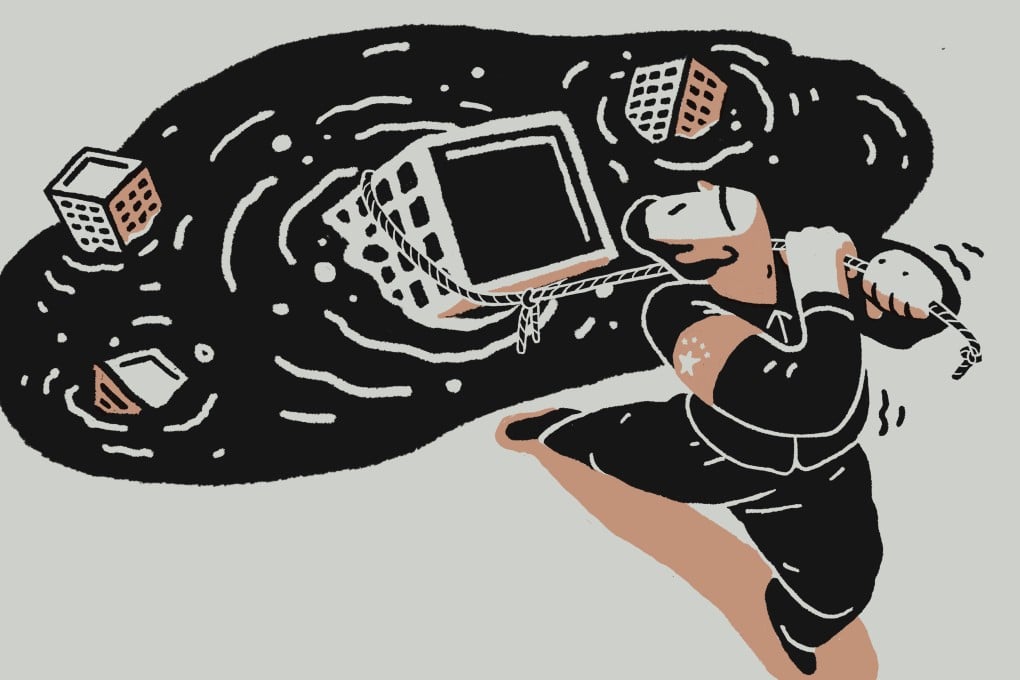‘No money, no new year’: Chinese developers remain mired in debt even after financial lifeline
- More rate cuts expected as Beijing tries to jump-start Chinese economy
- Property sector could feel additional pain as buyer sentiment remains challenged

As millions of Chinese headed home last week to celebrate the Lunar New Year, Michael Lin had to break the bad news to his 7-year-old daughter: she would not be seeing her grandparents in Anhui province during the long holiday week.
Lin, who runs a painting and heating-insulation company in neighbouring Jiangsu province, had to sell the family’s 2017 Honda SUV last December to keep his small business – and six employees – afloat.
“No money, no new year,” said Lin, whose company is owed more than 5 million yuan (US$790 million) in overdue payments by Evergrande.
The struggles of China’s developers to make good on IOUs to suppliers and a suffocating amount of debt owed to bondholders – both onshore and offshore – have presented a troubling conundrum for China’s government. Does the government step in to support the severely overleveraged housing industry, to boost the nation’s economy after a years-long campaign to cut private debt?
